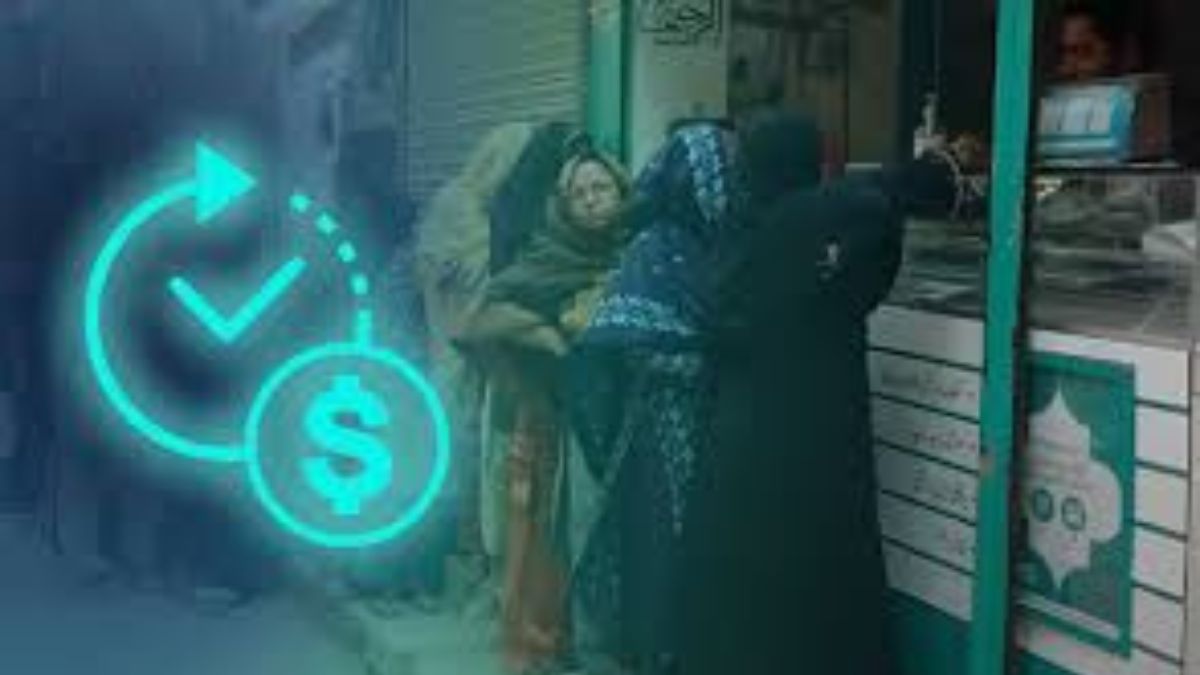Kiosk branchless banking Pakistan is one of the fastest-growing financial service models in 2025. It enables banks and microfinance institutions to deliver essential banking services to underserved and remote communities. Using digital kiosks and verified agents, this model supports Pakistan’s vision of financial inclusion through accessible, low-cost, and secure banking.
Powered by biometric verification and real-time transactions through RAAST, kiosk banking is a practical solution to reach unbanked populations, especially in rural and semi-urban regions.
What is Kiosk Branchless Banking?
Kiosk branchless banking in Pakistan refers to a system where customers can perform banking transactions through self-service kiosks or agent-managed Customer Service Points (CSPs). These kiosks are often located in general stores, markets, or public areas, allowing individuals to access banking services without visiting a traditional bank branch.
Key Services Offered in Kiosk Branchless Banking Pakistan
Kiosk branchless banking provides a wide range of banking services tailored to meet the needs of the public:
- Account Opening: Open a basic savings account using NADRA-based biometric verification with no minimum balance requirement.
- Cash Deposits and Withdrawals: Conduct cash-in and cash-out transactions securely using fingerprint authentication.
- Fund Transfers: Send money instantly using RAAST and 1LINK payment networks.
- Bill Payments: Pay utility bills including electricity, gas, and internet from any kiosk point.
- Mobile Top-ups: Recharge mobile numbers for all telecom networks.
- Loan Disbursement and Repayment: Access microfinance loan products and repay installments through agent-assisted kiosks.
- Insurance Enrollment: Register for micro-insurance and social welfare programs.
- Balance Inquiries and Mini Statements: Instantly check your account balance and recent transactions.
Infrastructure and Technology
Kiosk branchless banking Pakistan relies on a secure and scalable digital infrastructure:
- Biometric Devices: Integrated with NADRA for identity verification.
- POS Machines and Touchscreens: Allow for guided customer transactions.
- Cash Acceptors/Dispensers: For real-time deposits and withdrawals.
- Thermal Printers: Provide printed transaction receipts.
- Banking Software: Directly connected to bank servers with real-time sync.
These systems are installed in locations managed by trained agents, ensuring both accessibility and trust in the banking experience.
Regulatory Framework and SBP Compliance (2025)
The State Bank of Pakistan (SBP) regulates kiosk banking under its updated Branchless Banking Regulations 2025:
- Mandatory Biometric Verification: Required for all deposit and withdrawal transactions.
- Agent Onboarding Standards: Banks must verify and train all kiosk agents before deployment.
- Daily Transaction Limits: Typically PKR 10,000 to PKR 50,000 to reduce risk.
- RAAST Integration: Real-time digital transfers are now a requirement at all kiosk locations.
- Cybersecurity Controls: End-to-end encryption, fraud monitoring, and customer data protection are mandatory.
These regulations ensure standardization, security, and consumer protection across the branchless banking network.
Benefits of Kiosk Branchless Banking Pakistan
For Customers:
- Improved Access: Enables banking in underserved and remote locations.
- Lower Costs: No minimum balance and reduced service fees.
- Extended Availability: Longer operational hours compared to regular bank branches.
- Secure Transactions: Biometric verification minimizes fraud.
- Time Efficiency: Transactions are completed in minutes.
For Banks and Agents:
- Reduced Operational Costs: No need for large physical infrastructure.
- Customer Base Expansion: Reach new segments without branch investment.
- Commission-Based Earnings: Agents earn revenue per transaction.
- Digital Inclusion: Supports national goals for a digital economy.
Common Challenges and Solutions
| Challenge | Resolution Method |
|---|---|
| Limited Internet Availability | Use of offline sync and mobile-based access |
| Low Digital Awareness | Public training and awareness campaigns |
| Agent Knowledge Gaps | Mandatory training by banks and SBP programs |
| Transaction Limits | Custom account types for higher limits |
Role of RAAST and Fintech in Kiosk Banking
RAAST, the national real-time payment system, plays a central role in kiosk branchless banking Pakistan. It enables:
- Instant peer-to-peer transfers
- Low or no transaction fees
- Seamless fund movement between banks and wallets
Fintech players like Easypaisa and JazzCash further enhance the system by supporting mobile wallets, loan services, and bill payments—all accessible through kiosk-enabled agents.
Summary Table
| Feature | Description |
|---|---|
| Delivery Method | Kiosks and agent-managed CSPs |
| Technology Used | Biometrics, real-time internet, RAAST |
| Core Services | Deposits, withdrawals, transfers, loans, bills |
| Regulator | State Bank of Pakistan |
| Daily Limits | Up to PKR 50,000 (varies by institution) |
| Primary Beneficiaries | Rural, low-income, and unbanked populations |
Read More: Mobilink Bank becomes the first in the banking industry to bag Top Employer in Pakistan for 2025
Conclusion
Kiosk branchless banking Pakistan in 2025 is reshaping financial access for millions of people. It bridges the gap between traditional banking and digital innovation, offering fast, affordable, and secure services across the country. With support from the State Bank of Pakistan, integration with RAAST, and growing awareness, this banking model is a key contributor to national financial inclusion efforts. Stay tuned with Bloom Pakistan
As banks, fintech firms, and agents continue to expand this network, kiosk branchless banking will play an even larger role in delivering smart, accessible banking solutions throughout Pakistan.









